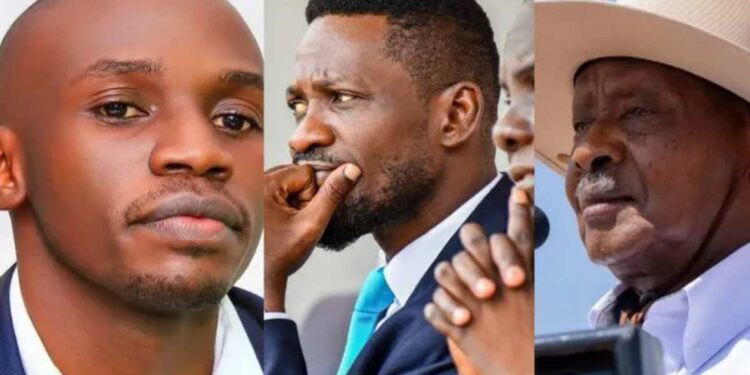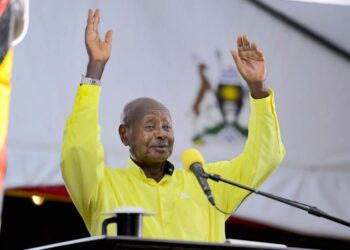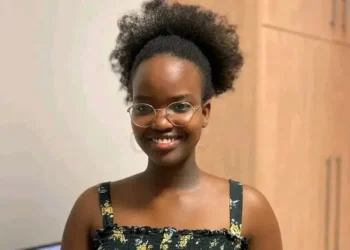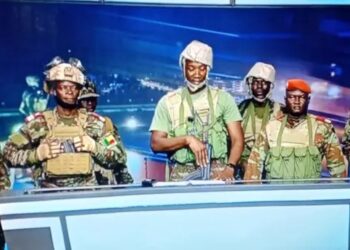Uganda is entering a critical phase as it prepares for its general elections, scheduled to take place from January 12 to February 9, 2026. During this period, citizens will vote for leaders at all levels, including the presidency, Parliament, and local councils, as mandated by Article 61(2) of the Constitution of Uganda. The Electoral Commission, led by Chairperson Justice Simon Byabakama Mugenyi, outlined the key milestones for the electoral process in a statement issued in July 2024. Presidential nominations are set for September 23–24, 2025, while Parliamentary nominations will take place on September 16–17, 2025. Other important deadlines include:
- August 1, 2025: Presidential aspirants must submit their academic credentials.
- June 13, 2025: Public servants intending to contest parliamentary seats must resign.
- October 1, 2025: Presidential aspirants employed in public service must resign.
A Diverse Field of Presidential Candidates
As the election draws closer, political excitement is building across the country. At least eight individuals have declared their intention to run for president, each bringing a unique perspective and vision for Uganda’s future. The candidates range from seasoned politicians and religious leaders to newcomers and unconventional figures.
1. George William Magera
Party: People’s Progressive Party – Uganda
Background: A first-time presidential candidate, Magera is the President of the People’s Progressive Party, a role he has held since 2018. He graduated from Uganda Christian University with a degree in Logistics Management in 2018 and is currently pursuing a Master’s in International Policy and Practice with a focus on security. Magera also co-founded a development-focused NGO in 2010, emphasizing grassroots empowerment.
2. Apostle Henry Byamukama
Party: Labour Party
Background: Byamukama, a preacher and media entrepreneur, previously attempted to run in the 2021 election. He founded Faith Life Ministries and leads Encounter Jesus Worldwide Ministries. As the Secretary-General of Uganda’s oldest political party, he combines religious influence with political experience. He also serves as the CEO of BTM TV.
3. Robert Kyagulanyi Ssentamu (Bobi Wine)
Party: National Unity Platform (NUP)
Background: Bobi Wine emerged as a political force in 2017, galvanizing Uganda’s youth and urban voters during his 2021 presidential campaign. As the leading opposition figure, his 2026 campaign is expected to be more structured and impactful, building on his growing popularity and grassroots support.
4. Yoweri Kaguta Museveni
Party: National Resistance Movement (NRM)
Background: President Museveni has been in power since 1986, making him Uganda’s longest-serving leader. As he prepares to seek another term, his candidacy sparks debates about the future of democracy and institutional stability in Uganda, with supporters praising his experience and critics questioning the impact of his long tenure.
5. Noah Denis Mubiru
Background: Hailing from Mayuge District, Mubiru is an author and entrepreneur with a focus on education and human resource management. He holds a Bachelor’s degree in Social Sciences from Makerere University and several diplomas. His campaign emphasizes economic transformation and empowering communities at the grassroots level.
6. Joseph Kabuleta
Background: A former journalist and preacher, Kabuleta gained attention during his 2021 presidential bid with his outspoken anti-establishment stance. With a Mass Communication degree from Makerere University, he appeals to faith-based voters and youth through his media-savvy approach and bold rhetoric.
7. John Katumba
Background: Known as the youngest and most unconventional candidate, Katumba made headlines in 2021 by campaigning on foot and motorbike after being denied access to venues. His 2026 “Liberation Vote” manifesto promises ambitious goals, including creating 10 million jobs, providing free public services, and canceling national debt. His appeal resonates with urban youth frustrated by traditional politics.
A High-Stakes Election
The 2026 elections are shaping up to be one of the most significant in Uganda’s history. Political analysts predict a fiercely contested race that will challenge the resilience of Uganda’s democratic institutions. With President Museveni’s long-standing dominance and an opposition struggling to consolidate its efforts, the election is not just about selecting a leader but also about defining the future of Uganda’s democracy.
The September 2025 nominations will finalize the list of candidates, setting the stage for intense campaigns. For many Ugandans, this election is more than a political contest—it is a referendum on leadership, legitimacy, and the nation’s direction. As the country braces for this defining moment, all eyes are on the candidates and the choices Ugandans will make at the polls.








